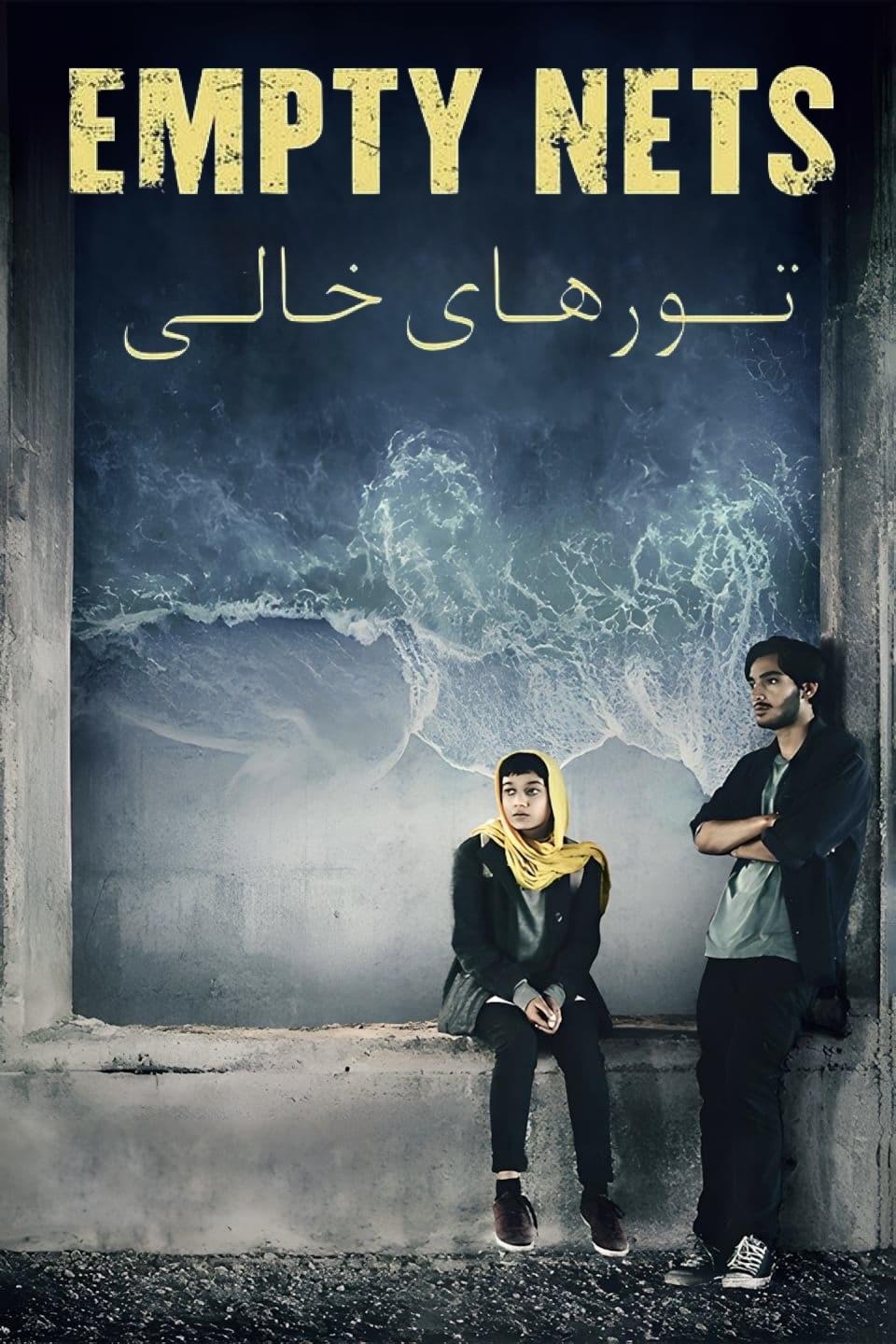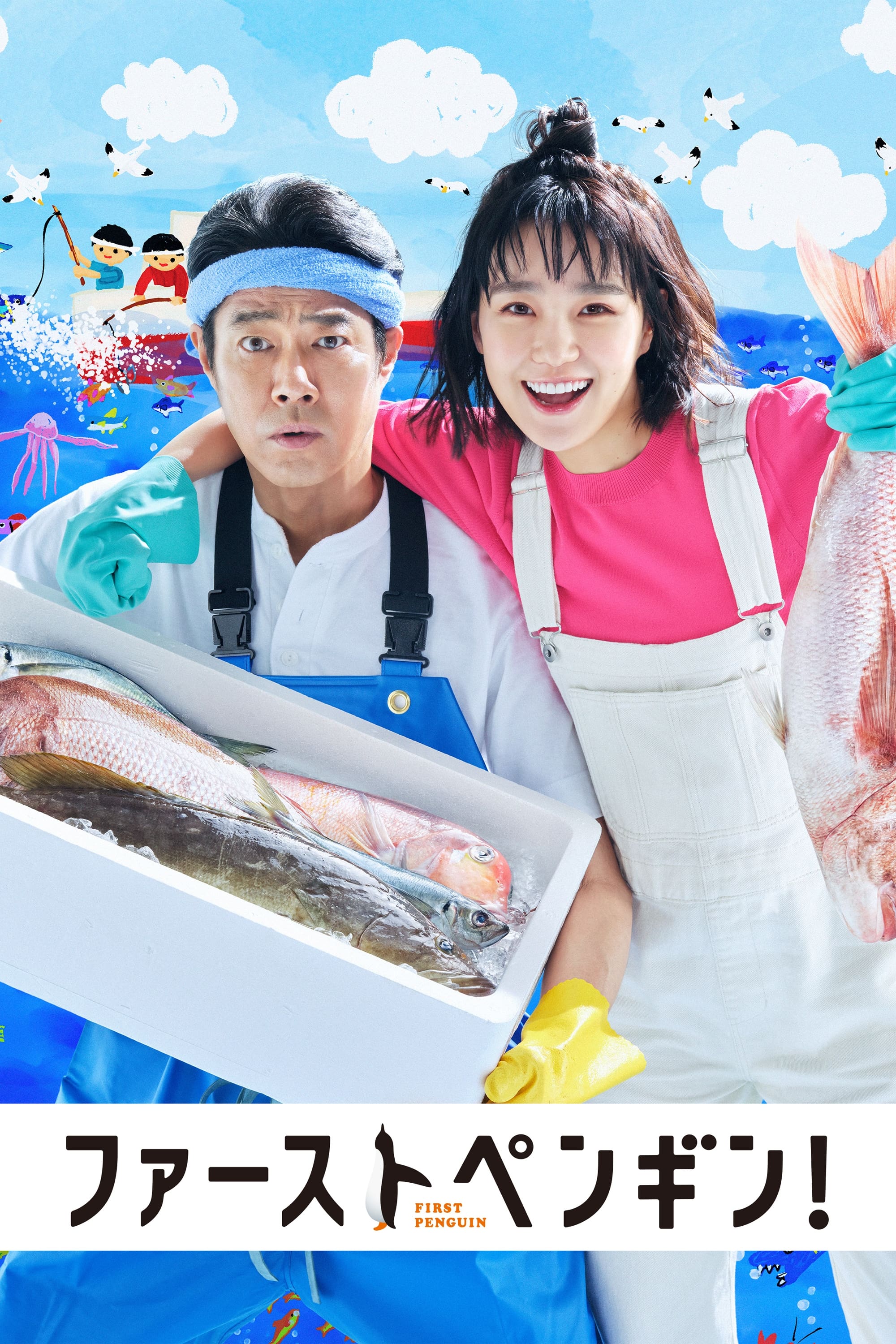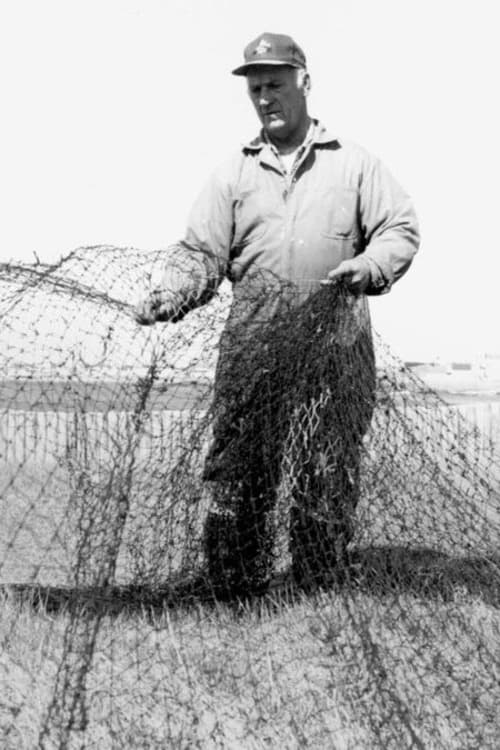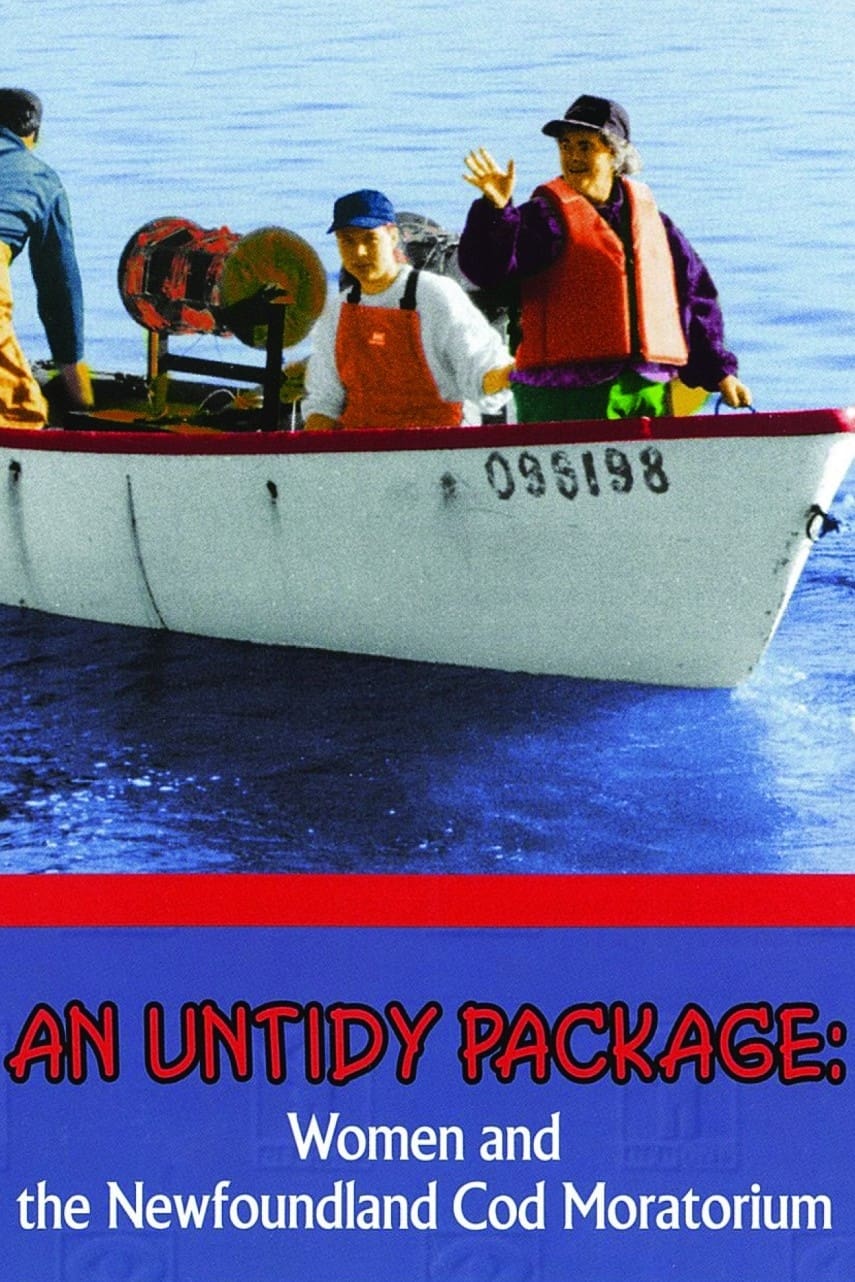
Amir, a young Iranian, signs on with a fisherman on the rugged Caspian Sea coast in order to earn the money he needs to marry his sweetheart, Narges. But in so doing, he becomes entangled in the criminal machinations of caviar poaching. Piece by piece, a complex hierarchy is revealed in a parallel realm that becomes ever more constricting and oppressive, endangering Amir’s relationship with Narges as well.

The "first penguin" is the courageous first penguin that dives into the sea filled with enemies. Iwasaki Nodoka is a young single mother with no money, no house, and no work. While Nodoka decides that she will do anything to eat, she meets a fisherman who offers her "10,000 yen to rebuild the coast". Thus, Nodoka now carries the dreams of the local fishermen whose lives are on her shoulders. Despite her limited knowledge of the fishing industry, Nodoka does her best working with the stubborn sea men, breaks through the old common sense and customs with her boldness, and creates a revolution in the industry.

It was a way of life. It was the backbone of a society. And then the cod fishery off the east coast of Newfoundland collapsed. Taking Stock traces the history leading up to the crisis and the calling for a moratorium of the northwest Atlantic cod fishery. It presents the key players in this complex and tragic story, focusing on those who are now trying to come to grips with an uncertain future. How did the calamity happen? What signals did we ignore? Did we chose the right model in setting up an industry? Ultimately, Taking Stock holds a message for the Canadian as well as the global community: In trying to attain economic success, we must recognize that there are limits to how far we can exploit nature's delicate ecosystems.

An Untidy Package sets out to dispel the popular misconception that Newfoundland women weren’t major players in the cod fishery before the moratorium, and that the federal compensation they received was only added to their husband’s claims to increase their family’s allowance. We learn at the outset that one third of the 35,000 workers displaced were women. Using the viewpoint of some of these women, this video examines the cod crisis and its social implications for families.
By browsing this website, you accept our cookies policy.